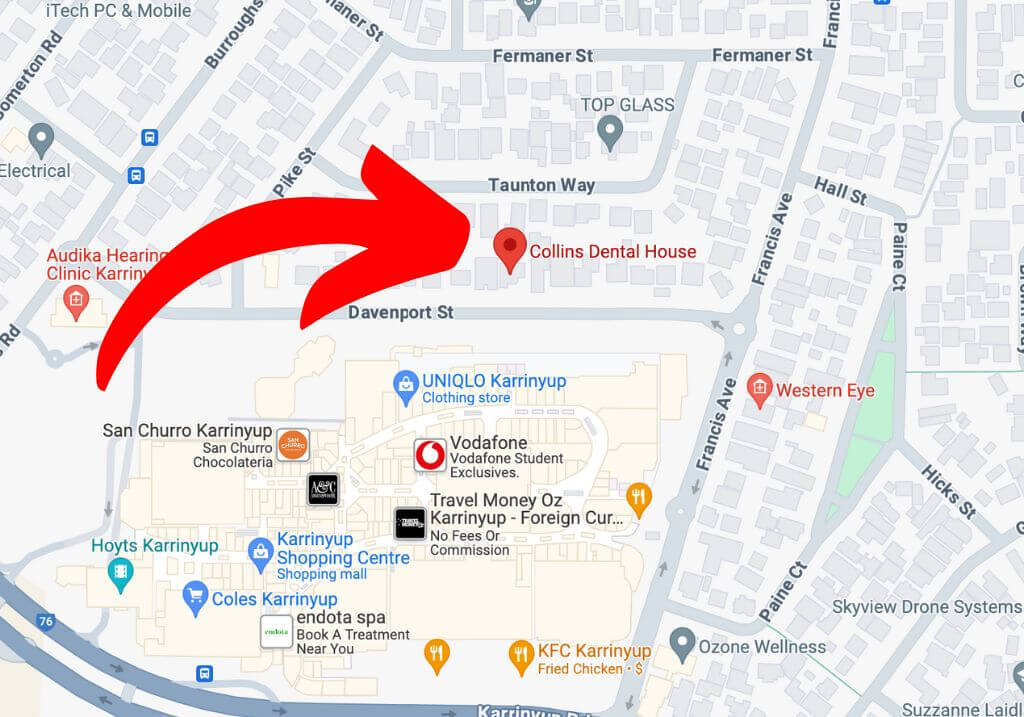The most sophisticated and modern method of replacing teeth is through dental implant surgery. When a tooth is lost from your jaw, the area no longer receives any tooth root stimulation. The jawbone begins to deteriorate as a result. Dental implants support the surrounding gums and teeth, as well as the jawbone by filling the gap left by a missing tooth and root.
In addition to restoring your smile, having implants can enhance your appearance as the new teeth will reinforce your facial structure. Eating, speaking, and maintaining overall oral health are all improved as a result of undertaking dental implant surgery.
After the Procedure
It is absolutely essential to the long-term success of implants that you practice adequate aftercare and oral hygiene following the procedure. After dental implant treatment, you will get instructions for aftercare from your dentist. The process known as osseointegration, in which the jawbone organically attaches to the titanium that’s in your implants, is considered to be an essential component of the healing process. The bonding will ensure the new teeth will not move and the roots will stimulate the jawbone and regenerate over a certain period.
Your dentist may recommend more frequent post-operative reviews or checkups to monitor the healing process and ensure that it is moving along in the right direction. People who have dental implants have a marginally increased likelihood of having gum disease. Because periodontal disease can, in the long run, lead to the failure of dental implants, it is very critical to examine the condition of the gums.
Checkup Schedule for Post-Implant Surgery
So, How Often Should I Visit the Clinic for Post-Op Checkups?
A routine dental checkup will be scheduled 2 to 3 weeks after the dental implant surgery takes place. Getting your new implants examined is crucial to ensure that they have bonded successfully with the jawbone. Any signs of inflammation arising in the gums will be checked and addressed. If you’ve already experienced implant surgery in the past, the dentist may choose to meet you 8 to 12 weeks after the surgery to do a torque test on the implant.
Long-Term Care for Dental Implants
As you become adjusted to the dental implants, there’s a need to develop and maintain an oral hygiene routine that supports clean and healthy implants and preserves the health of the remaining natural teeth.
In most cases, you can brush the implants in the same way and time as the rest of your teeth. Although implants are not prone to degradation, regular brushing, especially after every meal, helps prevent the growth of bacteria on their surfaces. The bacteria buildup results in gum disease and can cause damage in other teeth apart from the implants. Remember to floss the abutments that hold your implants in place.











